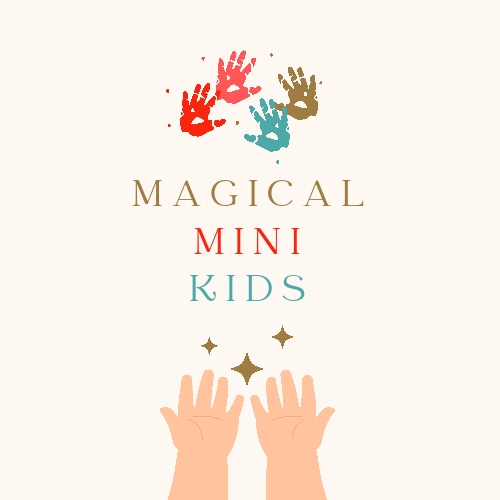Model Gratitude Every Day
Children absorb the most from their observations. When you sincerely express gratitude-whether to a neighbour, a shop assistant, or even for a delightful meal -your child starts to grasp that gratitude is an inherent aspect of life.
Consider saying things like: "I’m so thankful we had the chance to play together today." "That was really generous of your friend to share their snack."
Simple moments like these teach children that appreciation is important.
Create a Gratitude Routine
Establishing small habits can lead to significant changes. Try one of these straightforward ideas:
Gratitude Jar: Each day, jot down something you’re thankful for and read them together at the end of the week or month.
Bedtime Reflection: Pose questions like, "What made you smile today?" or "Who did something nice for you?"
Regular reflection encourages children to recognise and remember positive moments.
Encourage Acts of Kindness
Gratitude flourishes when children both give and receive. Motivate small acts of kindness, such as:
Creating a thank-you drawing for a teacher or friend
Donating toys or books they no longer use
Assisting with chores around the house When children feel the joy of giving, they start to comprehend the essence of gratitude more profoundly.
Share Stories About Gratitude
Books are a fantastic way to delve into feelings and values-Select stories that emphasise kindness, empathy, and appreciation, and talk about what your child observes.
Some wonderful choices include: "The Thank You Book" by Mo Willems "Those Shoes" by Maribeth Boelts "Gratitude Is My Superpower" by Alicia Ortego. Stories enable children to witness gratitude in action and relate it to their own experiences.
Focus on Experiences, Not Things
Rather than consistently rewarding with toys or treats, celebrate through shared experience-a family walk, baking together, or a cosy movie night.
These memories create stronger bonds and a lasting sense of gratitude.
Praise Effort and Kindness
When your child demonstrates thankfulness or does something thoughtful, recognise it out loud.
“That was lovely of you to help your friend -thank you for being kind.”
Positive feedback reinforces the joy of giving and being grateful.
Teaching gratitude takes time and patience, but the results are lifelong. A grateful child is more likely to grow into a compassionate, resilient, and positive adult.
Gratitude helps children see the world not just for what they want, but for all they already have. And that’s a lesson worth sharing.

